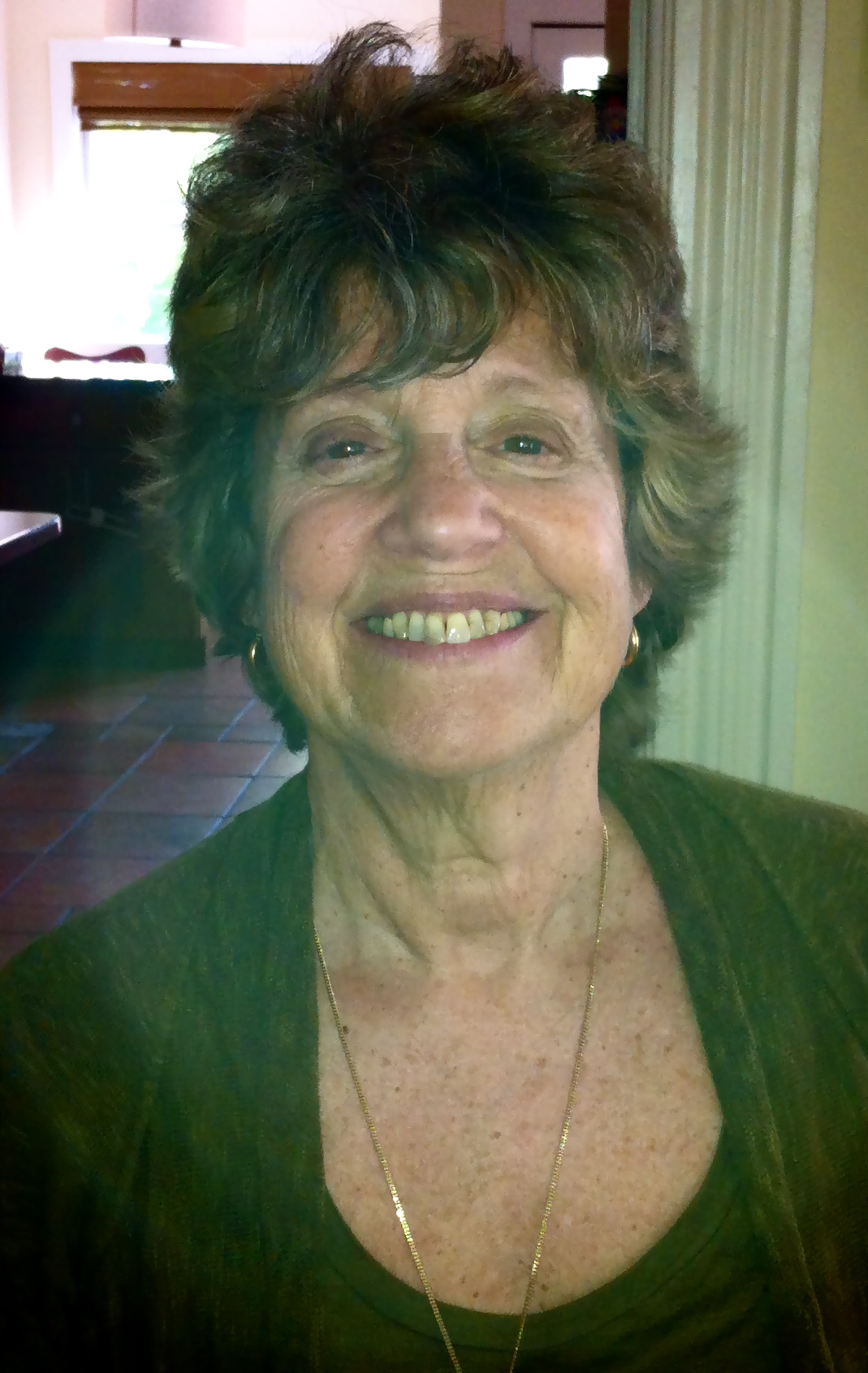For the past seven years, Nancy Kline has been leading P&W–supported senior writing workshops at Queens Community House in New York City. Her short stories, essays, literary criticism, and translations have appeared widely. She is the author of the novel, The Faithful, and edited and contributed to the essay collection How Writers Teach Writing. She also reviews regularly for the New York Times Sunday Book Review. Kline generously shared with us reflections on her writing workshops with seniors. What makes your workshops unique?
What makes your workshops unique?
It’s the students who make my workshops unique—their jokes, epiphanies, reticencies, and idiosyncrasies; their chemistry with each other, with me, and with words.
Could you share a few examples of stories written in your workshop recently?
In one workshop, we used pieces from Flash Fiction Forward as springboards into workshop participants’ own work.
Rick Moody’s “Drawer” inspired a hilarious description of the anarchic contents of one writer’s drawer and her increasing hysteria as she searched through it for some coveted item.
In response to the prompt "just like her mother," suggested by Pamela Painter's "Toasters," one workshop participant wrote about how, as a small child, she accompanied her mother to forage secretly for an apronful of grain with which to feed her starving family in decimated, post-World War II Germany.
Rob Carney's “Traveling Alone” inspired one eighty-six-year-old student's biblical monologue. When asked what she planned to write about next, having just done God, she replied: “Sex.” And so she did.
What techniques do you employ to help shy writers open up?
In my experience, all writers are shy, at least on some level. We are naked in the page. For this reason, I try to establish a respectful, attentive environment in my writing workshops. Laughter helps.
I try to teach students to listen to their readers’ comments, without defensiveness or undue docility, and to comment on other people’s work with rigor and charity; to write any written comments in pencil, rather than pen; and to try to phrase their comments as questions, rather than statements.
There’s a difference between asking a writer "Could you clarify this?" and stamping a text "Unclear." The former recognizes that the writer is in charge of her own words and has the power to change them. The latter suggests, to my ear, that the reader is in charge and the writer has failed.
What has been your most rewarding experience as a teacher?
It is always that moment when a student gets it, whatever it happens to be. Sometimes a writer who has been struggling with constricted prose suddenly writes in a text so lush and genuine that the workshop falls silent in admiration. Smaller epiphanies occur: During a recent session on comma use, one of the seniors exclaimed, “Commas actually communicate information! I never knew that!” This was thrilling.
What affect has this work had on you?
It is deeply moving to be in the presence of the accumulated wisdom, imagination, and courage of the women and men with whom I’m working. Four of my students have died since I began to offer these workshops. Their deaths have marked me and their colleagues, and have underlined the collective sense that each of us has many stories to tell, and that we had better hurry up and tell them.
Photo: Nancy Kline. Credit: Adam Piore.
Support for Readings/Workshops in New York City is provided, in part, by public funds from the New York State Council on the Arts, and the Department of Cultural Affairs, with additional support from the Louis & Anne Abrons Foundation, the Axe-Houghton Foundation, the A.K. Starr Charitable Trust, and Friends of Poets & Writers.
Find details about every creative writing competition—including poetry contests, short story competitions, essay contests, awards for novels, grants for translators, and more—that we’ve published in the Grants & Awards section of Poets & Writers Magazine during the past year. We carefully review the practices and policies of each contest before including it in the Writing Contests database, the most trusted resource for legitimate writing contests available anywhere.






